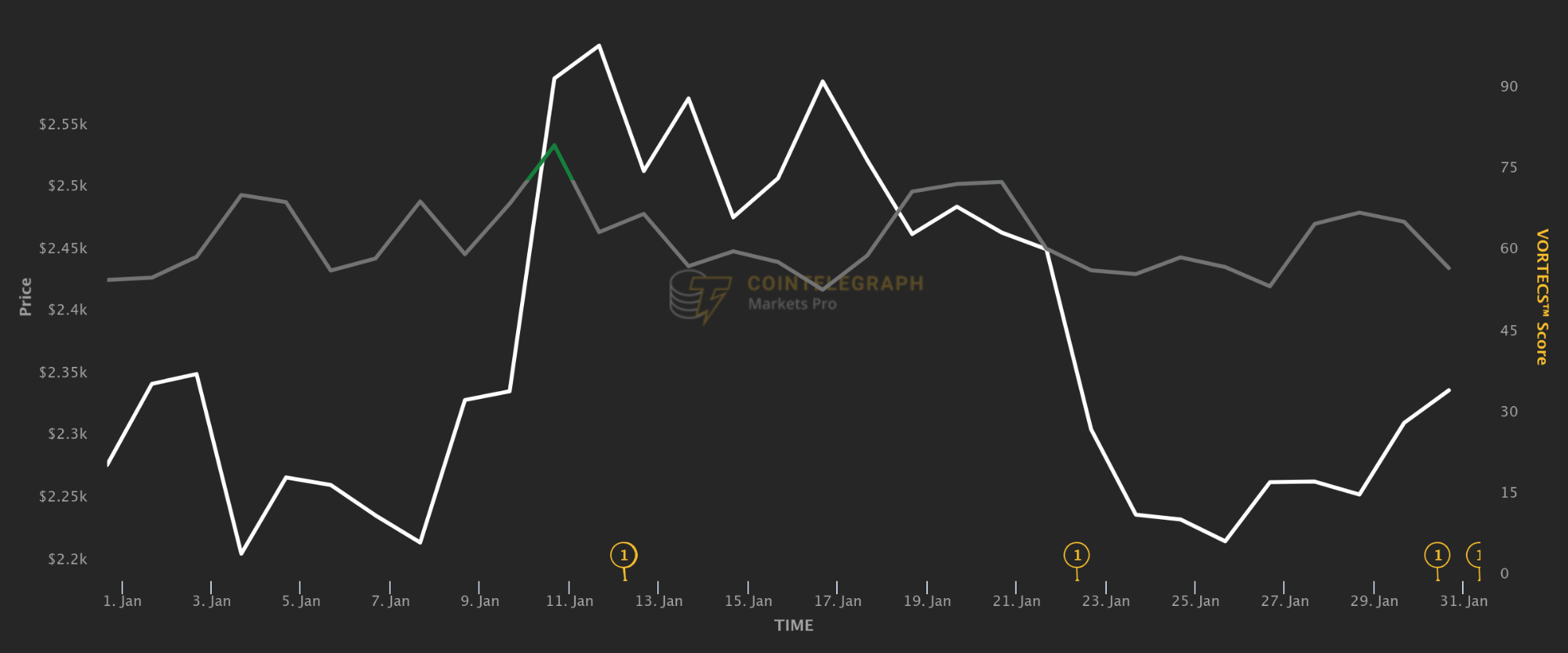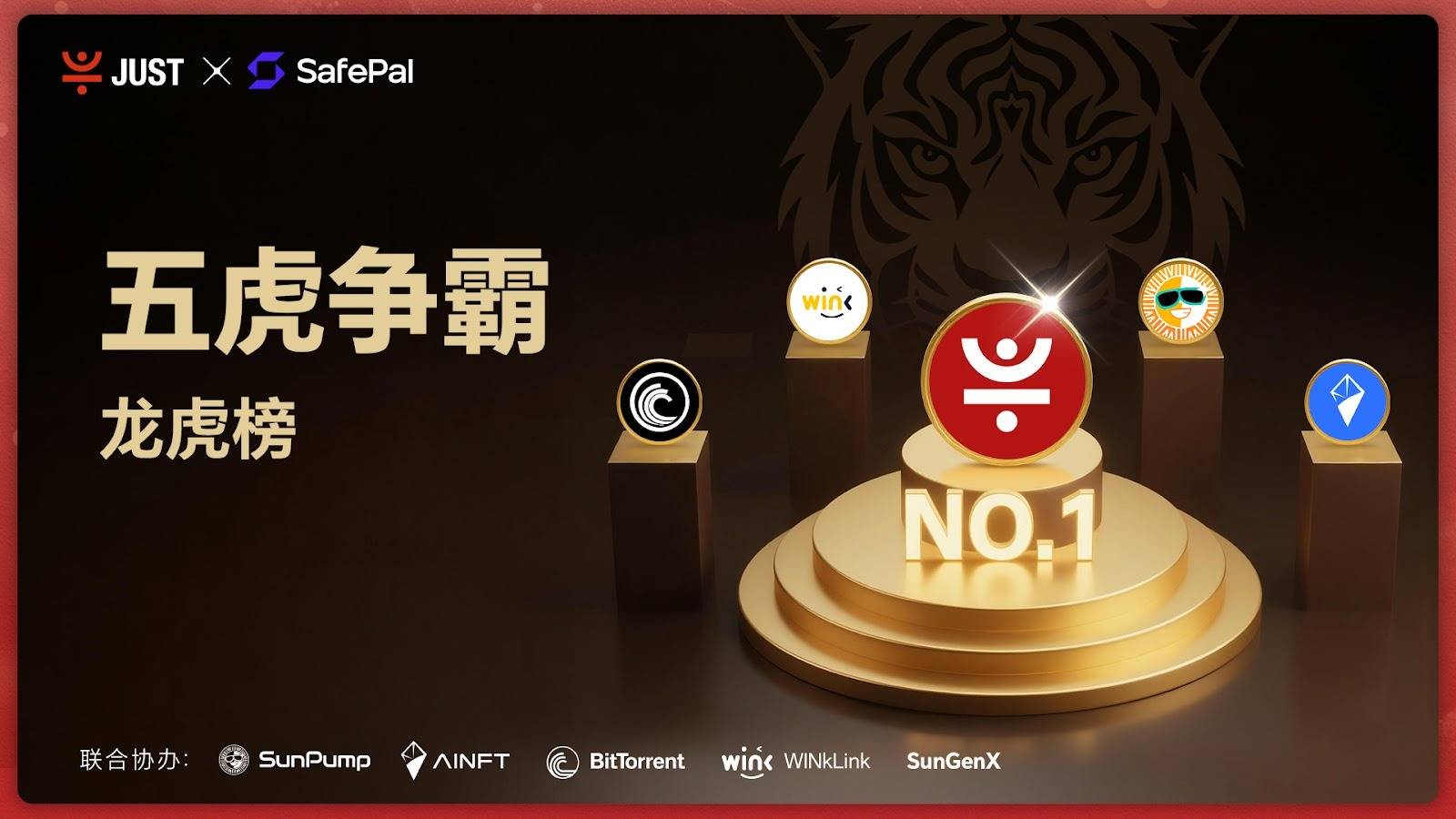There are several reasons to be optimistic about the approval of spot Ether ( ETH ) exchange-traded funds (ETFs) in the near future. First, the United States Securities and Exchange Commission has already shown a more favorable attitude toward cryptocurrencies in general, as evidenced by its approval of 11 spot Bitcoin ( BTC ) ETFs in January 2024. This was a historic milestone for the crypto industry, as it marked the first time the SEC allowed investors to access the largest cryptocurrency through a regulated and mainstream investment vehicle.
Second, Ether has a strong case for being classified as a commodity rather than a security by the SEC. This is a crucial distinction, as commodities are subject to less stringent regulations than securities and are, therefore, more likely to be approved for ETFs.
Ether is widely regarded as a commodity by many experts and authorities, including the U.S. Commodity Futures Trading Commission , the Financial Conduct Authority in the United Kingdom, and Bloomberg’s ETF analysts . The Ethereum blockchain is also the backbone of the decentralized finance and nonfungible token sectors, which are booming with innovation and adoption, and demonstrate the utility and value of the network.
Third, there is a strong demand and interest for spot ETH ETFs from both retail and institutional investors. According to a recent survey by Bitwise Asset Management, 98% of financial advisers who currently have an allocation to crypto in clients’ accounts intend to maintain or increase their exposure in 2024, which also favors ETH.
Chris Kuiper, director of research at Fidelity, recently shared his insights on why Ether could be a more appealing investment option for institutional investors than Bitcoin. He highlighted that comprehending Bitcoin as an investment requires delving into intricate topics such as politics, philosophy, game theory and economics. In contrast, Ether provides a more straightforward perspective, emphasizing basic metrics and cash flow data. Kuiper believes presenting these metrics to institutional investors would make ETH appear more like a conventional financial instrument, making it easier for them to relate to the asset.
In addition, there are several applications for spot ETH ETFs pending with the SEC, such as the Fidelity Ethereum Fund, the WisdomTree Ethereum Trust and BlackRock’s iShares Ethereum Trust. These are some of the world’s most reputable and influential asset managers, and their involvement could sway the SEC’s decision in favor of spot ETH ETFs.
Given the positive outlook for spot ETH ETFs, how should investors prepare for the potential approval? There is no definitive answer, as different investors have different risk appetites, time horizons and market outlooks. However, here are some possible strategies to consider, depending on whether one is bullish or bearish on Ether.
For investors who are bullish and optimistic about the approval of spot ETH ETFs, there are several ways to benefit from the anticipation and speculation of an approval, such as:
- Buying spot ETH: The simplest, most direct way to gain exposure to the price appreciation of Ether is to buy and hold the spot ETH, either through a crypto exchange or a wallet. However, this also involves the highest risk and cost, as the investor has to deal with the volatility, security, and custody issues of holding and storing Ether directly.



